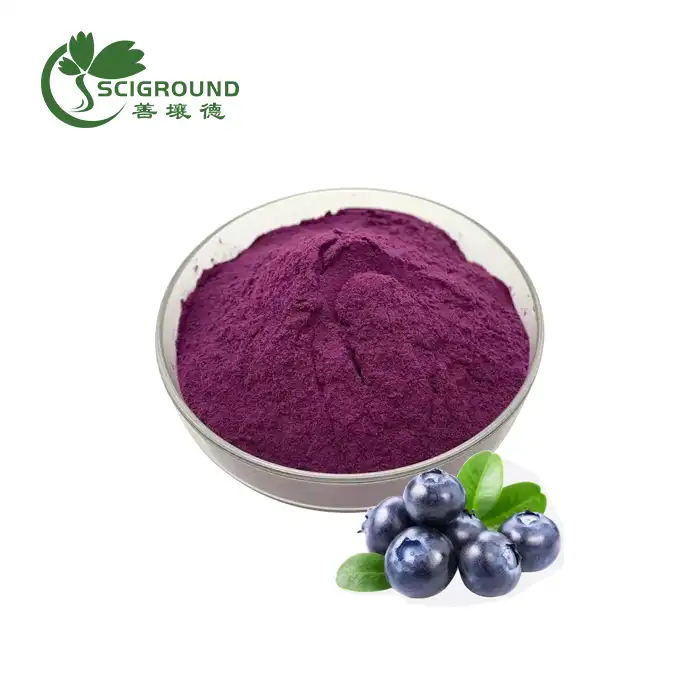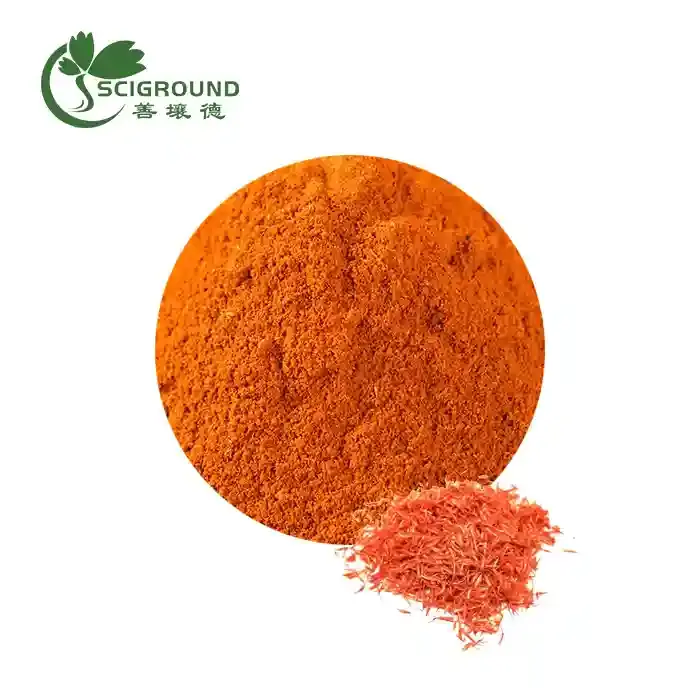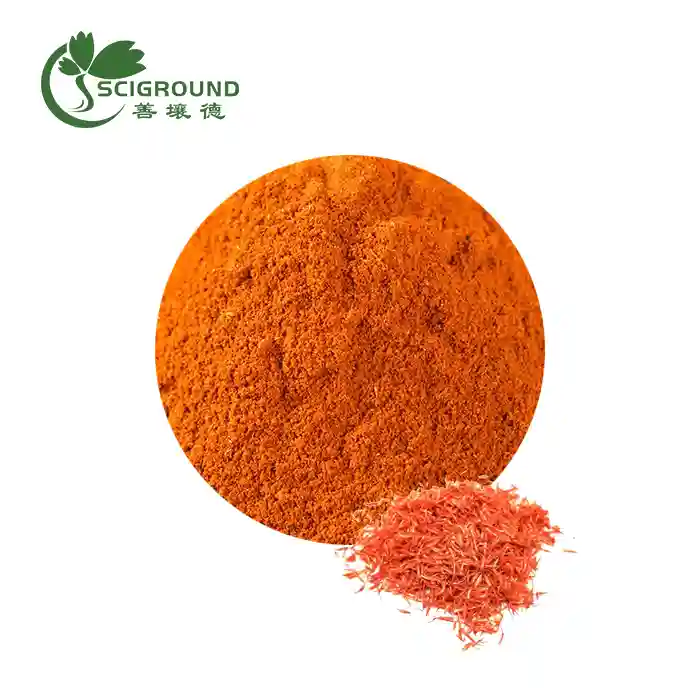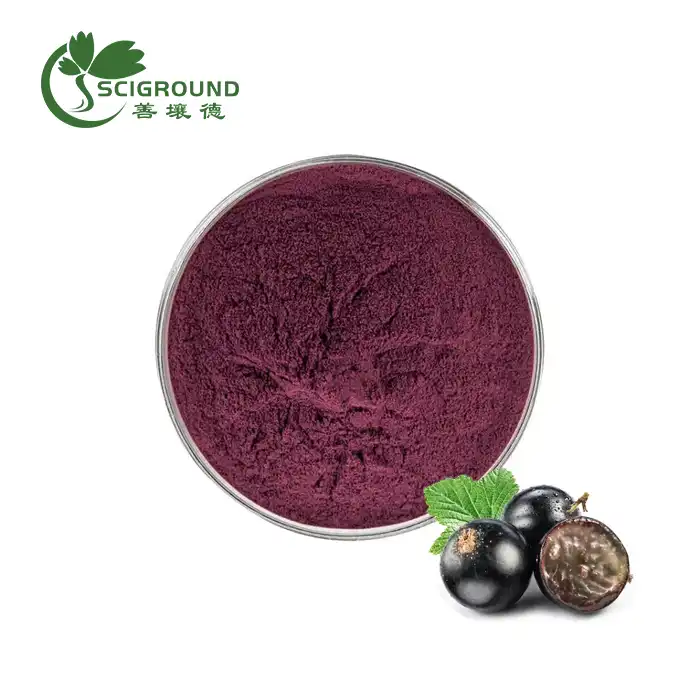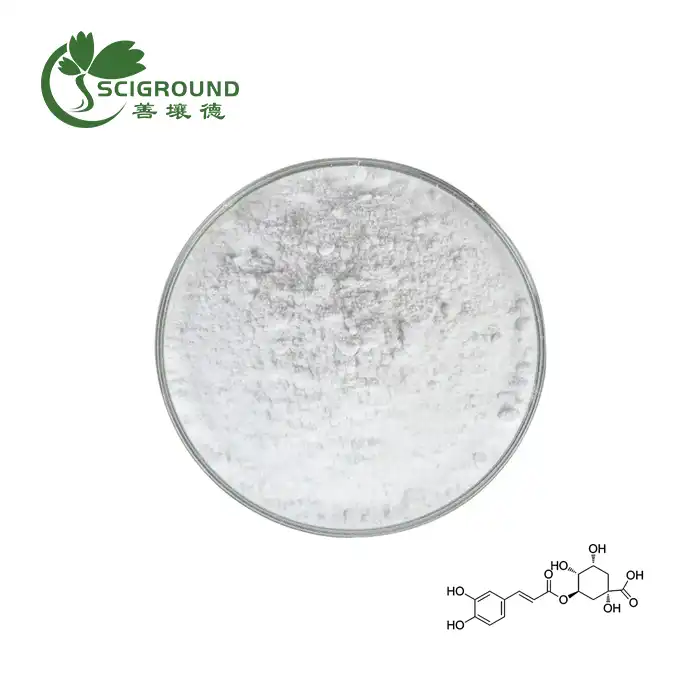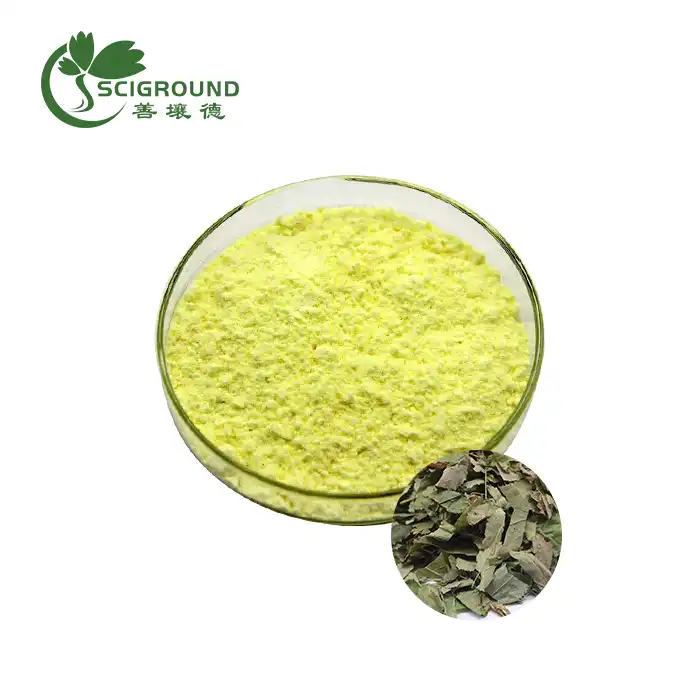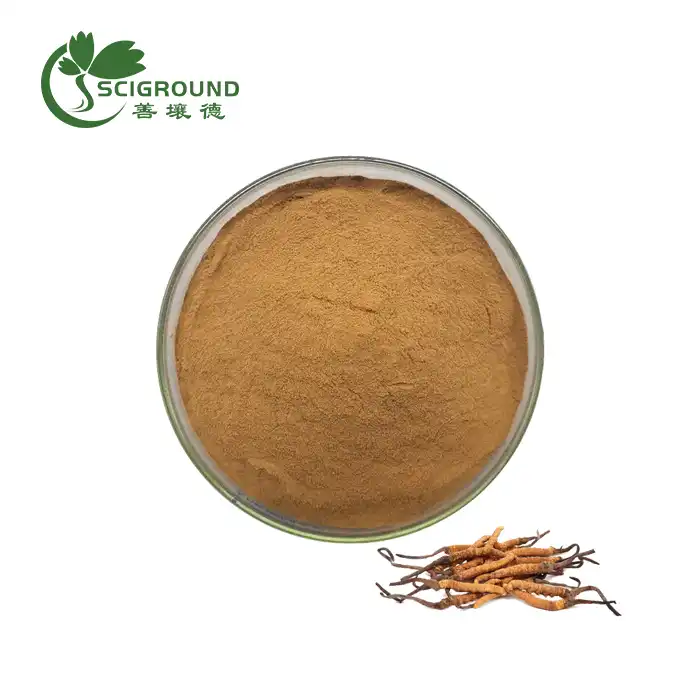What is Vitamin B1 and How Does it Affect the Body?
Vitamin B1, also known as thiamine, is one of the eight B vitamins that play a vital role in maintaining good health. It functions as a coenzyme in energy production, carbohydrate metabolism, and nerve function. In this blog post, we will explore what vitamin B1 is, its functions in the body, the food sources that are rich in it, its interaction with other medications and supplements, and how long it takes to see the effects of vitamin B1 supplementation.
What is Vitamin B1 and What Does it Do?
Vitamin B1, or thiamine, is a water-soluble vitamin that is essential for the proper functioning of the body. It helps convert carbohydrates into glucose, which is then used as a source of energy by the body. It is also essential for the proper functioning of the nervous system and for the growth, development, and maintenance of healthy skin, hair, eyes, and liver.
Thiamine deficiency can cause a variety of health problems, including beriberi, a condition characterized by weakness, loss of appetite, and nerve damage; Wernicke-Korsakoff syndrome, a severe form of thiamine deficiency that affects brain function and memory; and peripheral neuropathy, a condition that affects the nerves outside the brain and spinal cord, causing tingling, numbness, and pain in the hands and feet.
What Foods are High in Vitamin B1?
There are many foods that are high in vitamin B1. These include:
1. Whole grains: Whole grain bread, brown rice, oatmeal, and quinoa are all excellent sources of vitamin B1.
2. Legumes: Beans, lentils, peas, and soybeans are all rich in thiamine.
3. Nuts and seeds: Sunflower seeds, macadamia nuts, and pine nuts are all high in vitamin B1.
4. Meat and fish: Pork, beef, chicken, and fish such as salmon and trout are all good sources of thiamine.
5. Dairy products: Milk, cheese, and yogurt all contain vitamin B1.
6. Vegetables: Spinach, asparagus, kale, and Brussels sprouts are all good sources of thiamine.
It is important to note that processing and cooking can decrease the amount of thiamine in foods. Therefore, it is best to eat these foods raw or lightly cooked whenever possible.
Does Vitamin B1 Interact with Any Medications or Other Supplements?
Vitamin B1 may interact with certain medications and supplements. For example, taking high doses of diuretics such as furosemide (Lasix) and hydrochlorothiazide (Microzide) can deplete the body of thiamine, leading to a deficiency. Additionally, taking antacids for long periods of time can interfere with the absorption of thiamine from food, leading to a deficiency.
Some supplements may also interfere with the absorption of thiamine. For example, taking high doses of vitamin C can reduce the absorption of thiamine from food. Similarly, taking high doses of calcium supplements can reduce the absorption of thiamine.
It is important to talk to your healthcare provider before taking any new medications or supplements, especially if you have a history of thiamine deficiency.
How Long Does it Take to See the Effects of Vitamin B1 Supplementation?
The time it takes to see the effects of vitamin B1 supplementation can vary depending on the individual and their specific health condition. In general, it may take several weeks to see an improvement in symptoms of thiamine deficiency, such as fatigue, weakness, and irritability.
For people who are at risk of thiamine deficiency, such as alcoholics or people with malabsorption disorders, it may be necessary to take higher doses of thiamine for an extended period of time in order to correct the deficiency.
It is important to note that taking high doses of vitamin B1 supplements can cause side effects, such as stomach upset and skin rash. Therefore, it is best to talk to your healthcare provider before taking any new supplements.
Conclusion
In conclusion, vitamin B1 plays a crucial role in maintaining good health, particularly in energy metabolism and nerve function. It is found in a variety of foods, including whole grains, legumes, nuts and seeds, meat and fish, dairy products, and vegetables. Thiamine deficiency can lead to a variety of health problems, including beriberi and peripheral neuropathy. Vitamin B1 may interact with certain medications and supplements, and it may take several weeks to see the effects of vitamin B1 supplementation. If you are considering taking vitamin B1 supplements, it is important to talk to your healthcare provider first to ensure safety and effectiveness.
To purchase Vitamin B1, please contact Sciground at info@scigroundbio.com. Our experienced team will be happy to assist you in finding the best mushroom extract product to suit your needs.
Related Industry Knowledge
- What are the differences between MCT oil and MCT powder?
- what is American ginseng saponins
- Does lysine help hair growth?
- What Foods Have Vitamin B5
- Is Passion Flower Extract Safe During Pregnancy
- Is it safe to take mushroom powder everyday?
- How is curcumin extracted
- Is Vitamin C Powder Effective for Skin Health and Safe During Pregnancy?
- OPC Grape Extract Powder: Benefits and Uses
- Is pea or whey protein better?
.webp)
